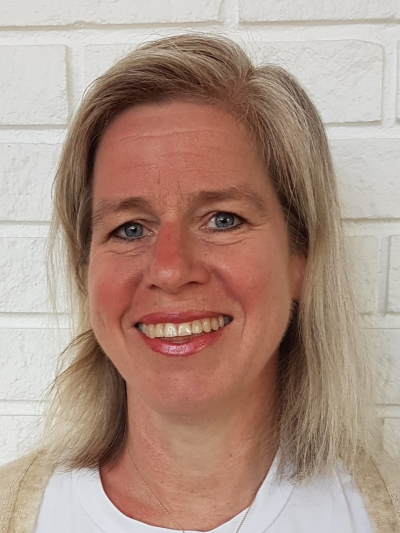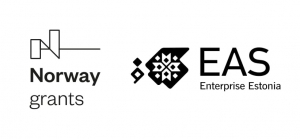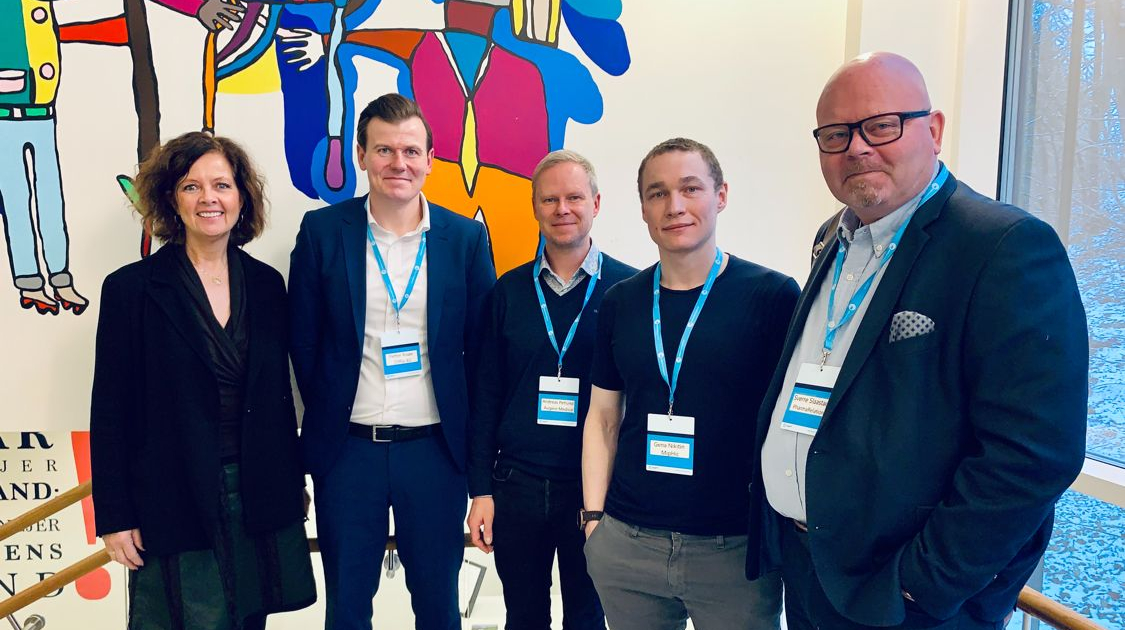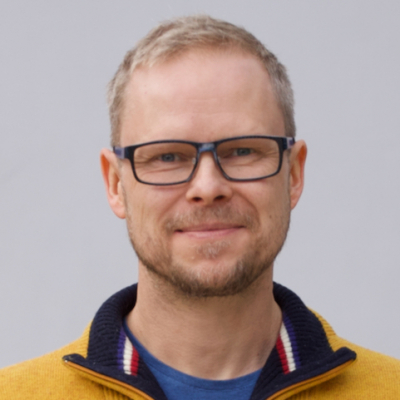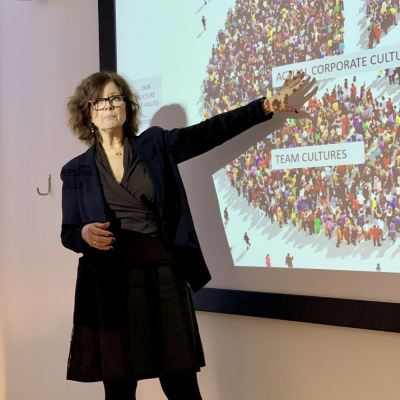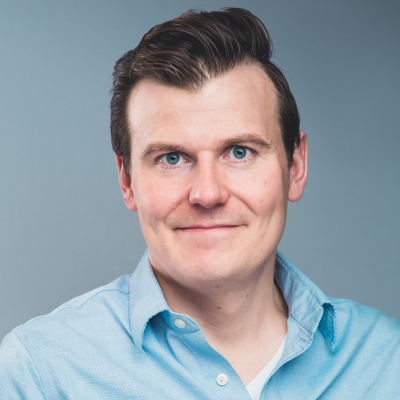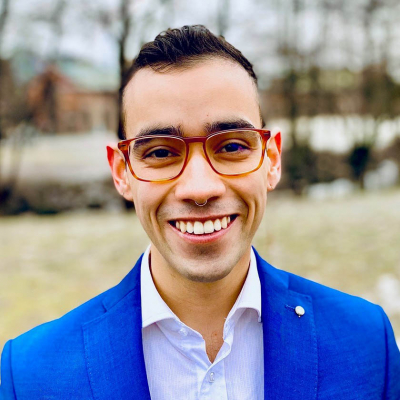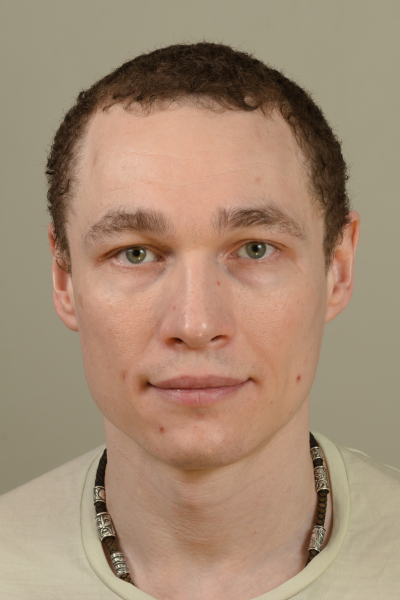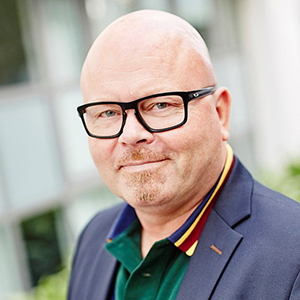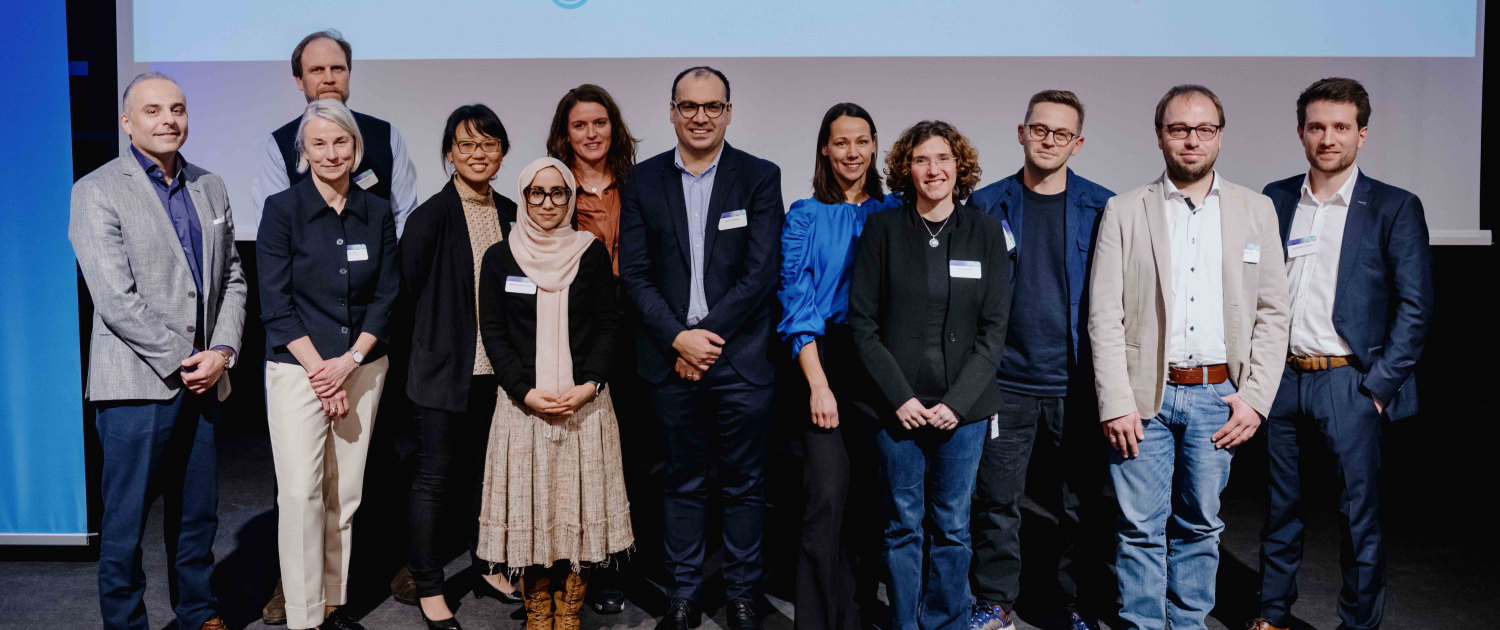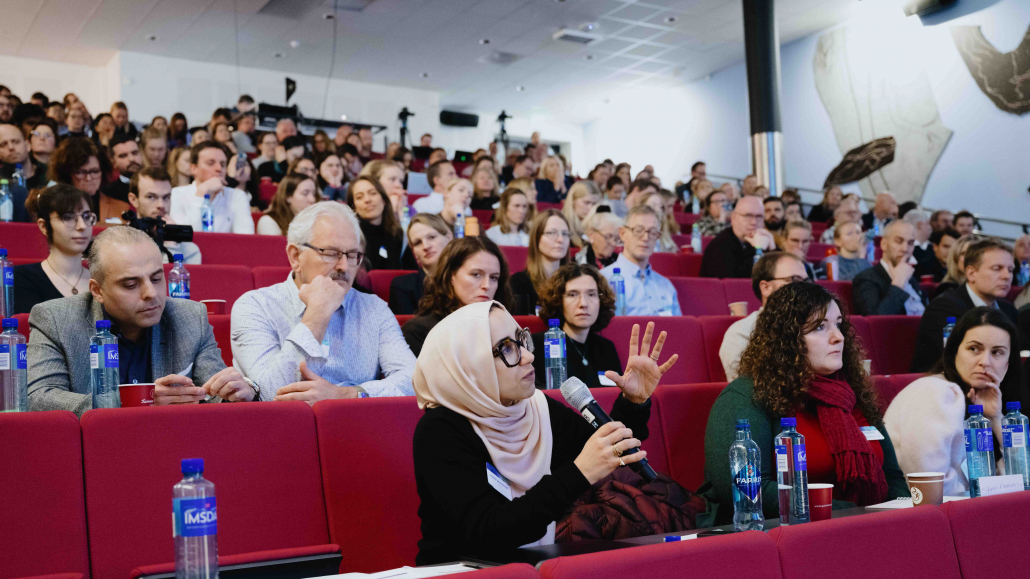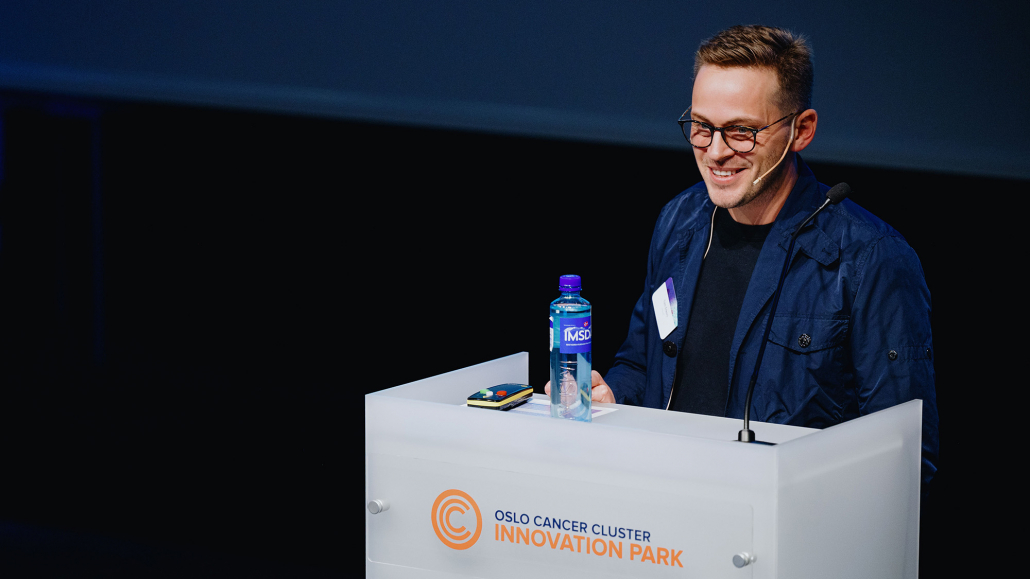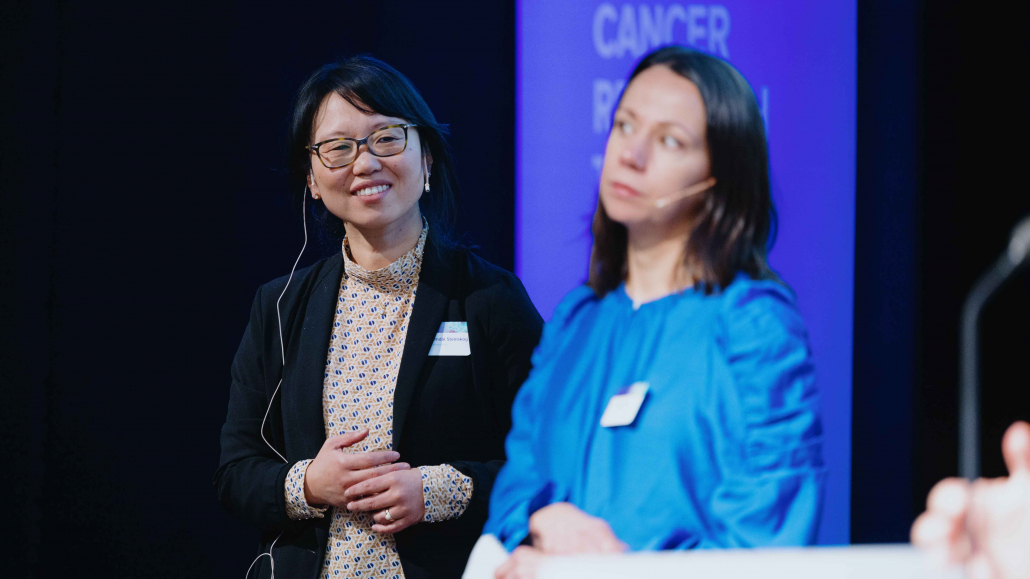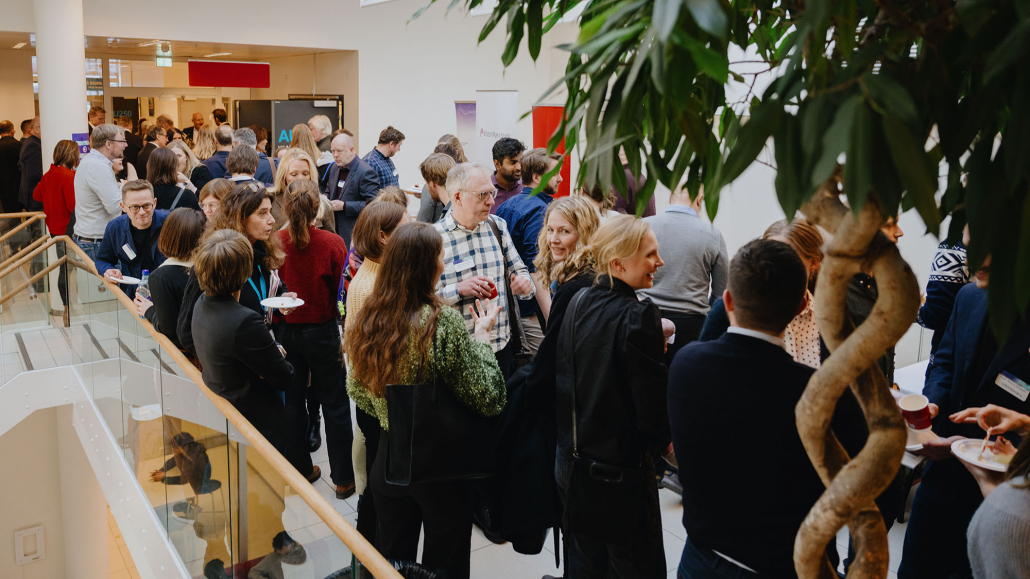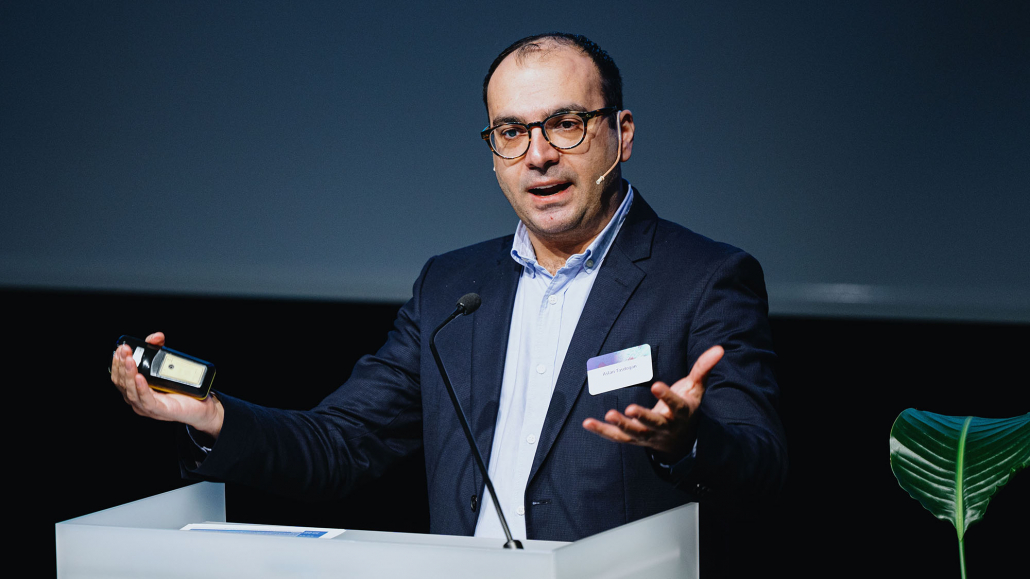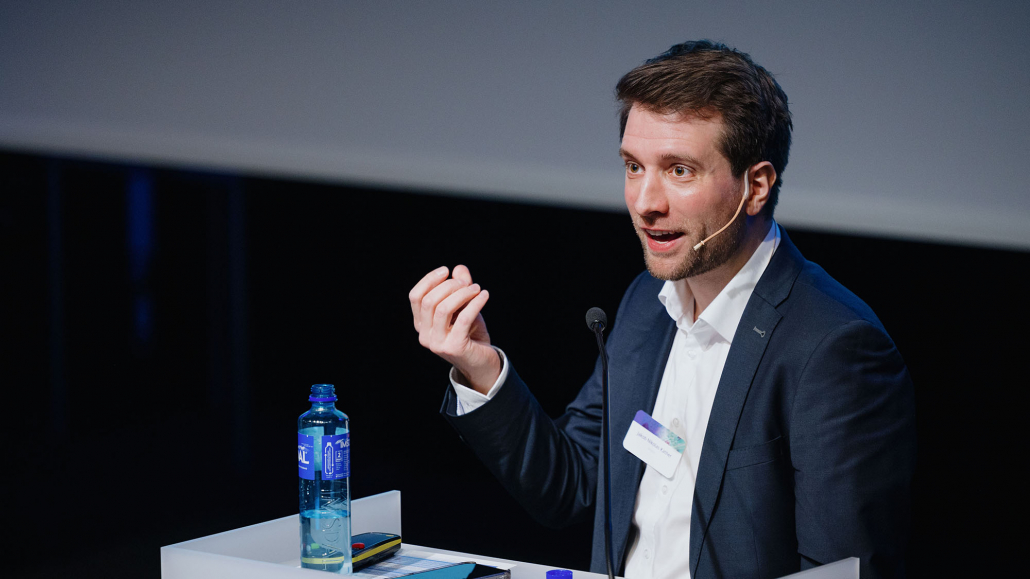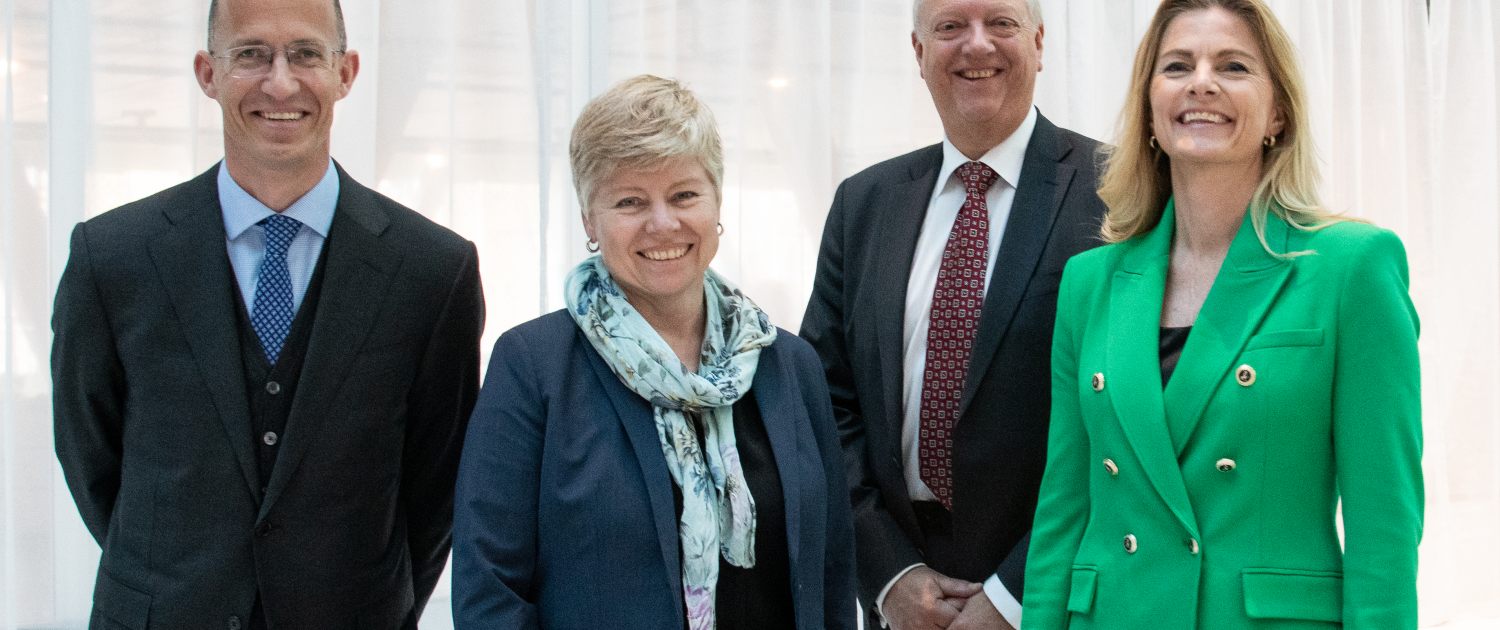
Scroll down for an English version of this article.
Klyngene har en unik rolle i å øke private investeringer til norsk næringsliv. Nå går fem norske klynger innen helse og livsvitenskap sammen om investorarbeid og internasjonalisering slik at enda flere norske bedrifter skal lykkes. Prosjektet ledes av The Life Science Cluster.
Sammen med Oslo Cancer Cluster, Norway Health Tech, Norwegian Smart Care Cluster og Biotech North skal The Life Science Cluster sørge for en samlet innsats for å presentere norske bedrifter til nye og eksisterende investorer klyngene har kontakt med. Prosjektet er støttet av Viken fylkeskommune over to år.
– Klyngene har allerede et godt samarbeid på flere områder. Nå styrker vi dette ytterligere, og systematiserer og samordner arbeidet med investorer og internasjonalisering. Prosjektet vil lage en metodikk for å presentere norske selskaper for nordiske og internasjonale investorer. Målet er at enda flere bedrifter skal lykkes når vi samarbeider, sier Hanne Mette Dyrlie Kristensen, CEO, The Life Science Cluster.
Urolige markeder og lavere investeringsvilje
Livsvitenskap og helseteknologi er motsykliske næringer og skaper løsninger verden trenger i omstilling og utfordrende tider, men til og med denne typen selskaper opplever at investorene har færre midler tilgjengelig enn tidligere.
– Prosjektet har vært planlagt en god stund, men timingen er dessverre svært god nå. Vi ser at urolige finansmarkeder gjør det vanskeligere for selskaper å hente nok investeringer til å følge planlagte utviklingsløp. Det er alvorlig. Løsninger som møter mange av de store helseutfordringene som kommer i årene framover, risikerer å ikke blir realisert fordi bedriftene mangler midler, sier Lena Nymo Helli, CEO, Norway Health Tech.
Lange og kompliserte utviklingsløp
Bedrifter som utvikler løsninger innen helse og livsvitenskap må gjennom lange, kompliserte og kapitalintensive utviklingsløp med høy risiko. Det betyr at selskapene har behov for ulike investorer til ulik tid i utviklingsløpet – helt fra forskning til produktlansering.
Selskapene trenger derfor investorer med ulik kompetanse, med ulik markedsforståelse og ulike nettverk i ulike markeder. Selskapene finner noen slike investorer i Norge, men langt fra nok til å bringe produktene sine helt frem til markedet. Klyngene med sine solide internasjonale nettverk er svært viktige for at selskapene skal finne riktig kompetanse til riktig tid i utviklingsløpet.
– Vi vet at selskapene ikke bare trenger penger, men kompetent kapital, spesielt i begynnelsen av utviklingsløpet. Da er det svært viktig å finne riktig investor. Alle klyngene legger til rette for dette og har gjort det i flere år. Gjennom dette samarbeidet øker vi både tilgangene til antall investorer og profesjonaliserer måten vi presenterer selskapene våre til dem, sier Ketil Widerberg, General Manager, Oslo Cancer Cluster.
– Helseteknologiselskaper utvikler nye løsninger, men det tar ofte lang tid å få dem tatt i bruk i helsetjenesten. Kompetente investorer kan bringe kapital og erfaring om hva som har fungert i andre land, og bidra til at selskapene både står ut løpet, og får nye løsninger fortere til pasienter, helsevesen og samfunnet, sier Arild Kristensen, CEO, Norwegian Smart Care Cluster.
Banebrytende klyngesamarbeid
Klynger er døråpnere for privat kapital. De fem klyngene samarbeider i dette prosjektet om å utvikle eksisterende investornettverk, samt å kartlegge og mobilisere investorer som har interesser innen og på tvers av teknologiområder. På denne måten ønsker de samarbeidende klyngene å øke interessen nasjonalt og internasjonalt for norske teknologier og selskaper.
– Våre medlemsselskap konkurrerer i et internasjonalt marked. Når investorer søker etter gode investeringsprosjekter, er de i utgangspunktet ikke opptatt av hvilket land prosjektet har opprinnelse i. De er i alle fall ikke opptatt av hvilke deler av et norsk økosystem det tilhører. Vi er svært bevisste på at vi med dette samler oss som en norsk kraftfull satsing for livsvitenskap og helseteknologi – som har mange interessante løsninger for de rette investorene, både norske og internasjonale. Det sier Line Kjelstrup, Cluster Manager, Biotech North.
Viktig eksportområde med stort vekstpotensial
Norge står overfor en stor omstilling, og har behov for nye eksportområder. Helseteknologi og livsvitenskap er allerede et betydelig eksportområde i Norge, men har potensial for å bli mye større. I 2021 eksporterte helseindustrien for 27 mrd. i 2021. Det viser en rapport fra Menon om verdien av norsk helseindustri fra 2022. Klyngene var derfor sentrale i arbeidet med felles innspill fra bransjen som på slutten av 2022 ble sendt til Nasjonalt eksportråd.
– Vi må tiltrekke flere investeringer til Norge, slik at mer av verdiskapingen av norske innovasjoner forblir i Norge. Slik kan de bedriftene vi nå jobber med nå bidra til at Norge når målet om doblet fastlandseksport innen 2030, sier Hanne Mette Dyrlie Kristensen, CEO, The Life Science Cluster.
Inven2 som er teknologioverføringskontor for Helse Sør-Øst, Universitetet i Oslo og Oslo Universitetssykehus, SPARK Norway som er del av UiO Livsvitenskap, og Veksthuset for verdiskapning ved UiO er også partnere i prosjektet.
Inkubatorene Aleap, Sharelab, OCC Incubator og Aggrator er klyngenes faste samarbeidspartnere og støtter prosjektet.
Metodikk for samordnet investorarbeid for livsvitenskap og helseteknologi
Et felles prosjekt fra helse- og livsvitenskapsklyngene i Norge.
Ledet av The life Science Cluster
Partnere: Oslo Cancer Cluster, Norway Health Tech, Norwegian Smart Care Cluster og Biotech North
Tilskudd fra Viken fylkeskommune over to år
Klyngene skal samarbeide om å presentere norske selskaper for nordiske og internasjonale investorer.
Clusters collaborate to strengthen work with investors
The clusters have a unique role to increase private investments in Norwegian industry. Now five Norwegian clusters in health and life science are teaming up to work with investors and internationalization, so that even more Norwegian companies will succeed. The project is led by The Life Science Cluster.
Together with Oslo Cancer Cluster, Norway Health Tech, Norwegian Smart Care Cluster and Biotech North, The Life Science Cluster will ensure a coordinated effort to present Norwegian companies to new and existing investors that the clusters are in contact with. The project is supported by Viken County for the duration of two years.
“The clusters already collaborate well in several areas. Now we are strengthening this further, and systematizing and coordinating the work with investors and internationalization. The project will create a methodology for presenting Norwegian companies to Nordic and international investors. The goal is that even more companies will succeed when we collaborate,” said Hanne Mette Dyrlie Kristensen, CEO, The Life Science Cluster.
Volatile markets and lower interest to invest
Life science and health technology are countercyclical industries and create solutions that the world needs during transitional and challenging times, but even these types of companies experience that investors have less funds available than before.
“The project has been planned for a while, but the timing is unfortunately very good now. We see that volatile financial markets make it more difficult for companies to raise enough funds to follow their planned course of development. This is serious. Solutions that answer many of the big health challenges in the years to come, run the risk of not being realized because companies lack funds,” said Lena Nymo Helli, CEO, Norway Health Tech.
Long and complicated courses of development
Companies that develop solutions in health and life science need to go through long, complicated and capital intensive courses of development with high risk. This means that the companies need different investors at different times during the course of development – all the way from research to product launch.
The companies therefore need investors with different competencies, different market understandings and contact networks in different markets. The companies find such investors in Norway, but far from enough to bring their products all the way to market. The clusters with their solid international networks are very important for the companies to find the right competency at the right time in their courses of development.
“We know that companies not only need funds, but also competent capital, especially in the beginning of the course of development. Then it is extremely important to find the right investor. All the clusters facilitate this and have been doing so for years. Through this collaboration, we are increasing both the access to the number of investors and professionalizing the way we present companies to them,” said Ketil Widerberg, general manager, Oslo Cancer Cluster.
“Health technology companies develop new solutions, but it often takes a long time to implement them in the health service. Competent investors can bring capital and experience about what has worked in other countries, and contribute to the companies getting through the course of development, and get new solutions faster to the patients, health sector and society,” said Arild Kristensen, CEO, Norwegian Smart Care Cluster.
Groundbreaking cluster collaboration
Clusters open the doors to private capital. The five clusters collaborate in this project on developing the existing investor networks, as well as mapping and mobilizing investors that have an interest in and across technology sectors. In this way the collaborating clusters wish to increase the interest nationally and internationally for Norwegian technologies and companies.
“Our member companies compete in an international market. When investors look for good investment projects, they are not too concerned with which country the project originates from. They are in any case not concerned with which parts of the Norwegian ecosystem it belongs to. We are very aware that we are gathering ourselves as one Norwegian strong initiative for life science and health technology – that has many interesting solutions for the right investors, both Norwegian and international,” said Line Kjelstrup, Cluster Manager, Biotech North.
Important area for export with big growth potential
Norway faces a huge transition, and needs new areas of export. Health technology and life science are already two important export industries in Norway, but have the potential of becoming even larger. The health industry exported for NOK 27 bn in 2021, according to a 2022 report from Menon Economics about the value of the health industry. The clusters were central in the creation of a coordinated response from the industry in the end of 2022, which was sent to the National Council for Export.
“We need to attract more investments to Norway, so that more of the value creation from Norwegian innovations stay in Norway. In that way, the companies we work with now, can contribute to Norway reaching the goal of doubled mainland exports before 2030,” said Hanne Mette Dyrlie Kristensen, CEO, The Life Science Cluster.
The post Klynger samarbeider om å styrke investor-arbeidet first appeared on Oslo Cancer Cluster.

